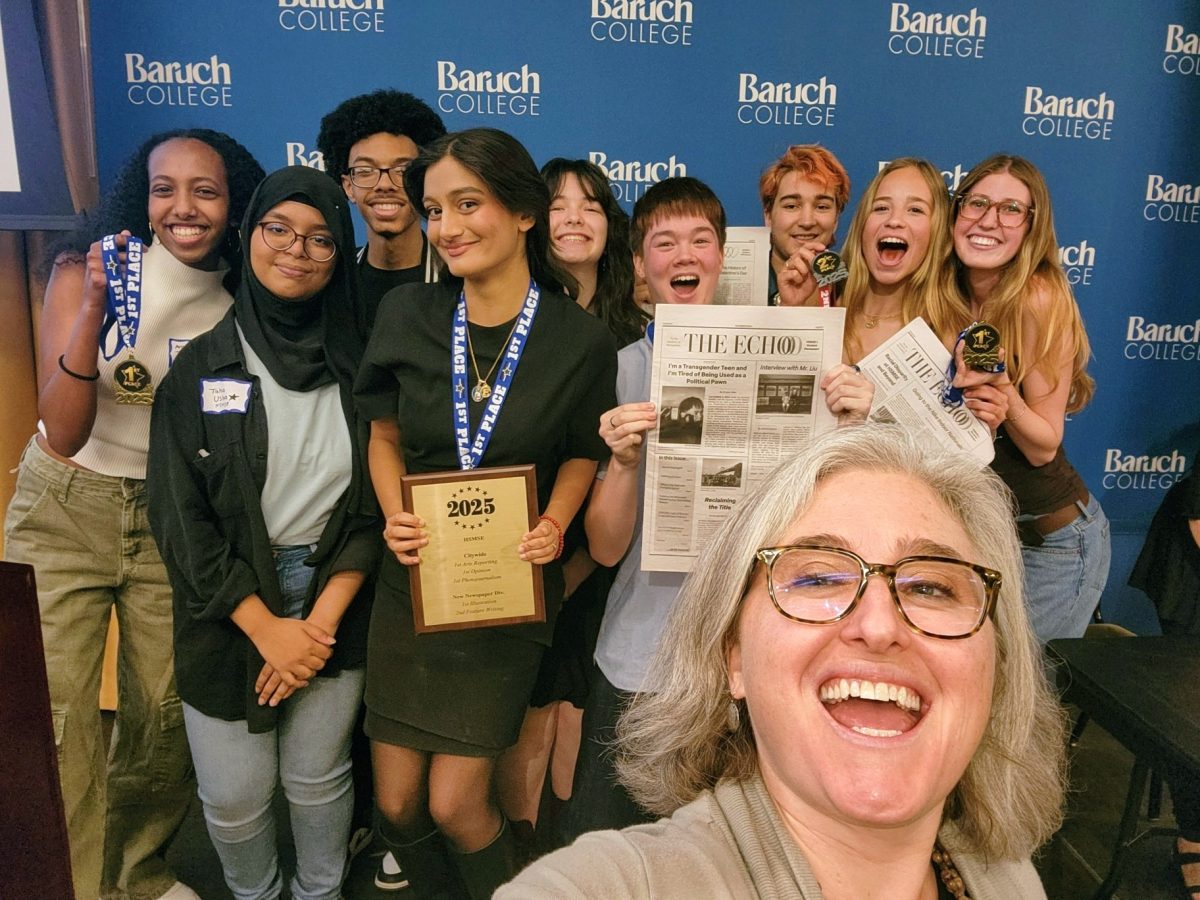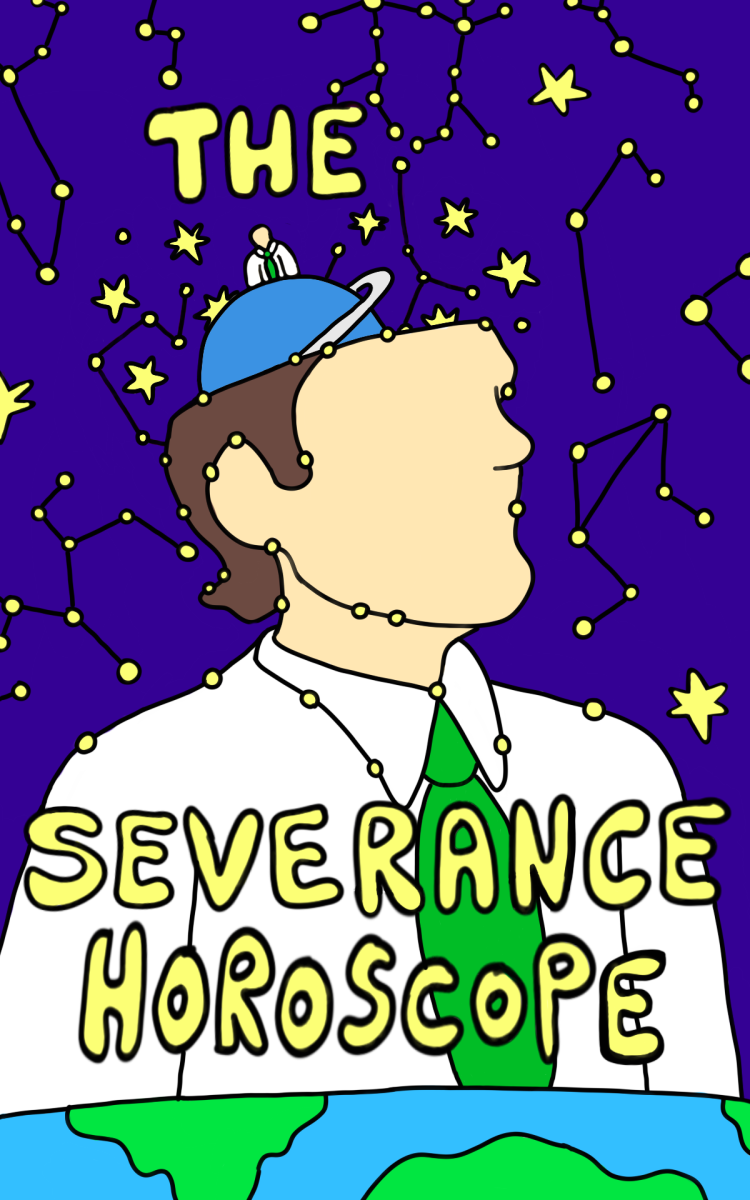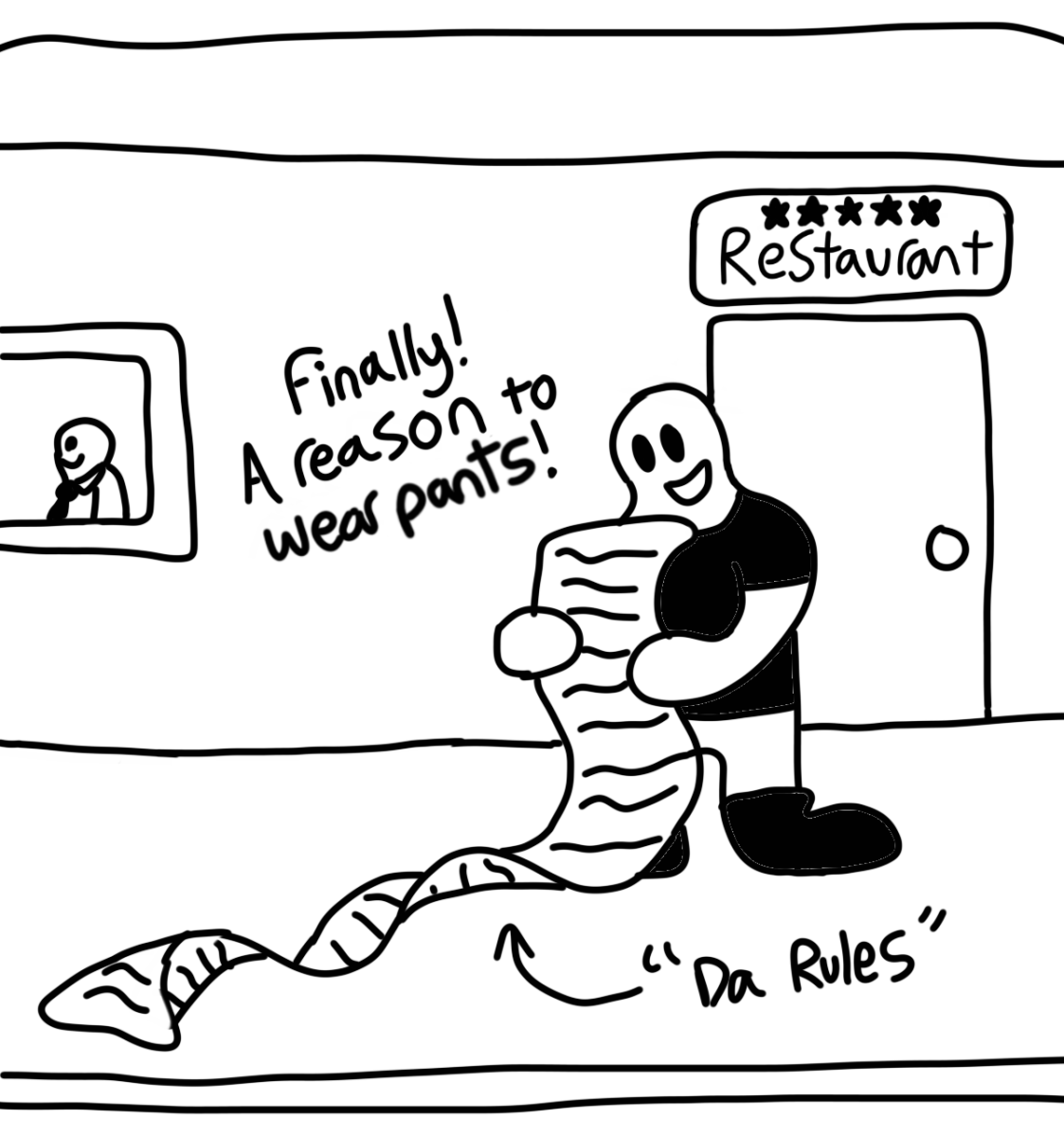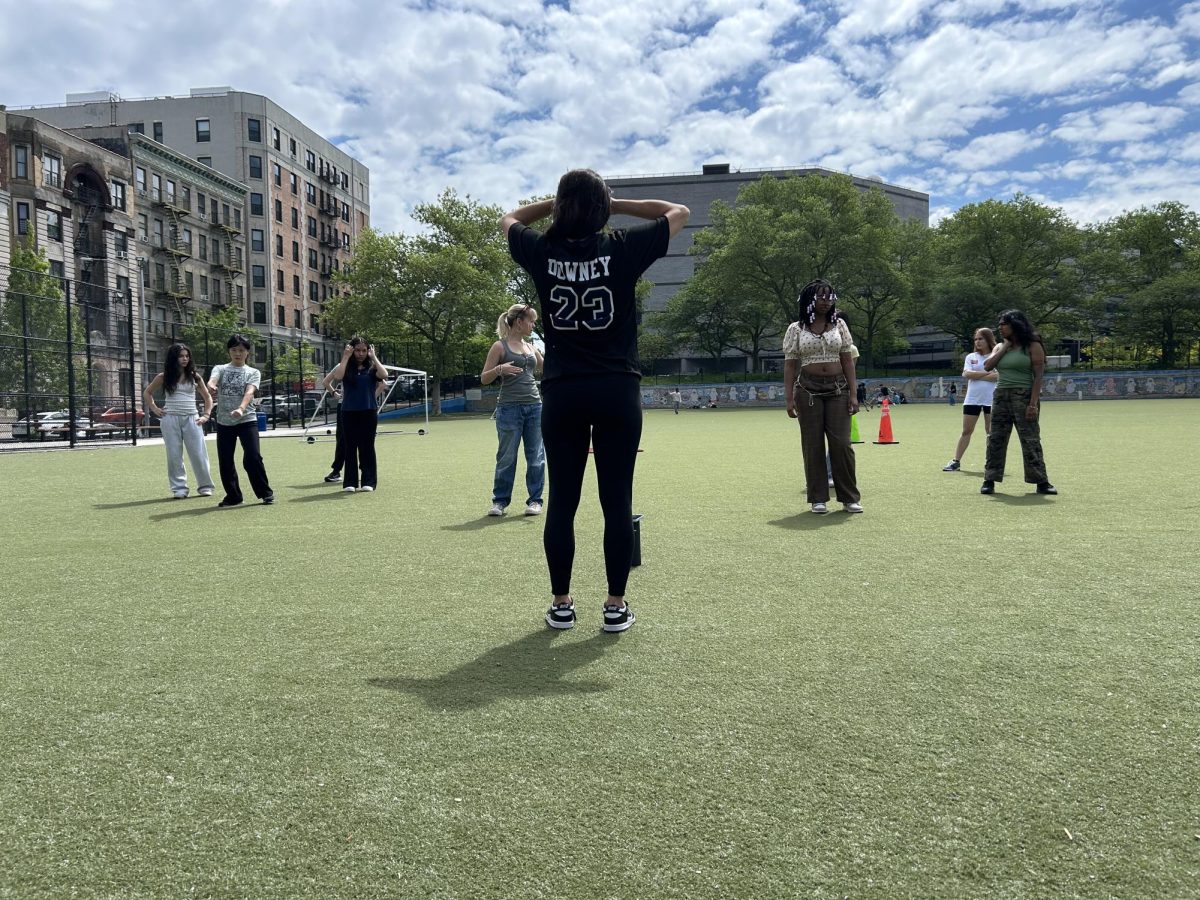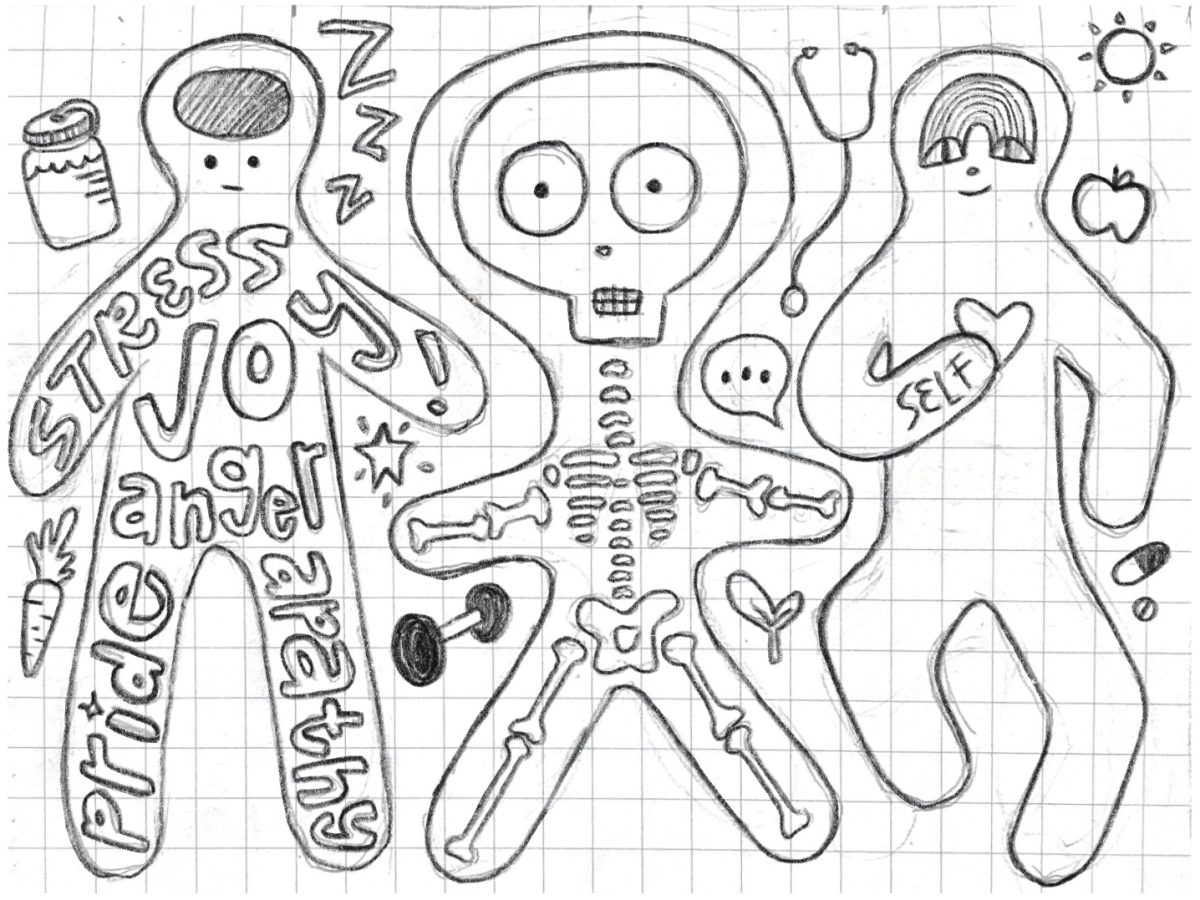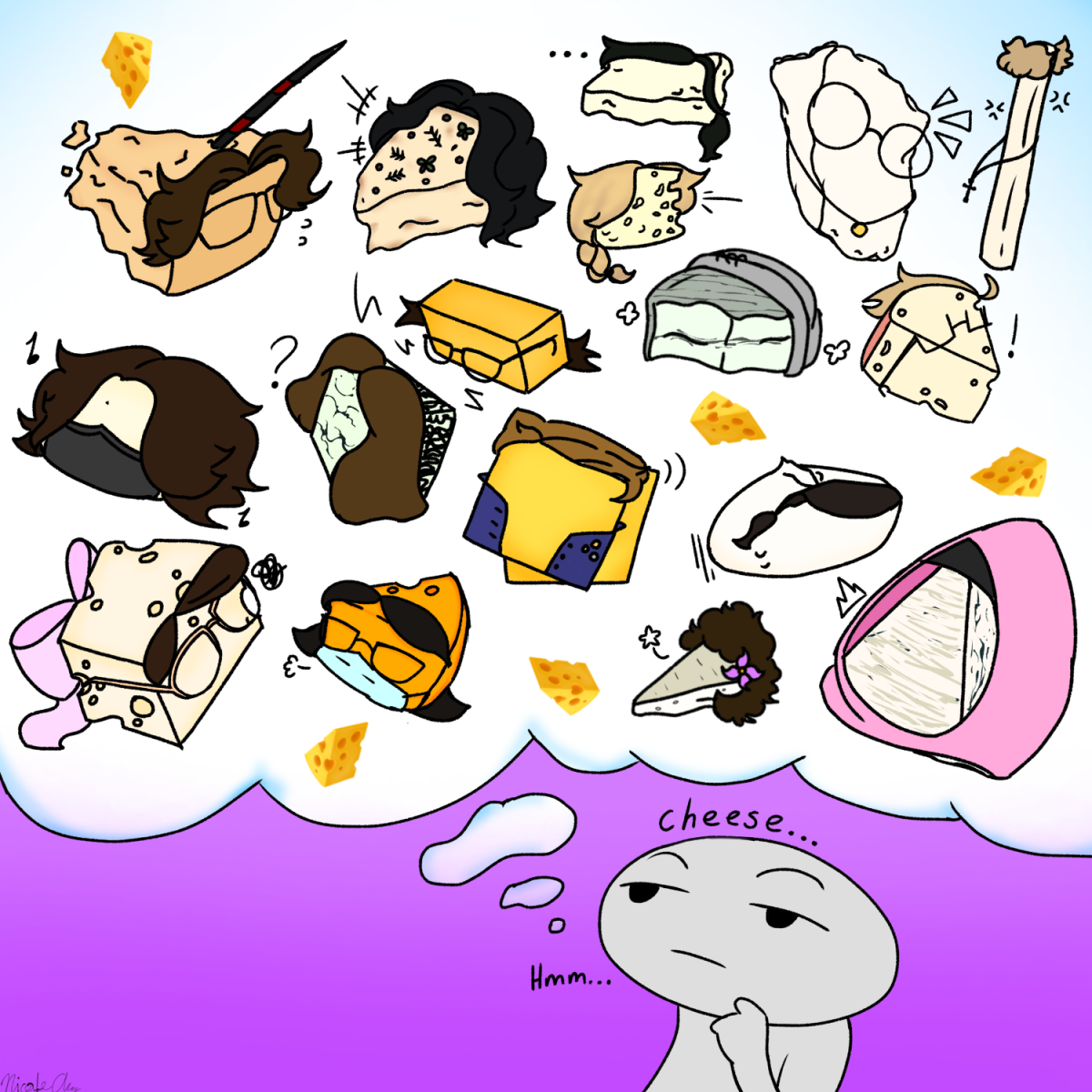When I think of cheese, I recall fond memories of sitting at H&H Bagels with my friends in a circle as we went around declaring what cheese everyone would be. “Siena is definitely gouda.” I remember sitting there stunned. How could a person be compared to a cheese? How come everybody in the circle was in utter agreement while I sat there pretending to understand? I was full of questions. Their response was “You just have to get it,” as if the notion of identifying a person as a cheese was universal and I was the only person who didn’t “get it.” One day, I would understand.
When that day came, I realized that cheese actually serves as a convenient representation of people and their perceptions of themselves. Try walking around and asking people about cheese; you’d be surprised how interesting it can be, catalyzing unexpected joy and creating conversation. It may not be easy to talk to someone about their family or a personal matter when you don’t know them, but food is often an excellent segue to other conversations. You may be wondering why I chose to write about cheese instead of fruit, bread, or any other kind of food with different types. Cheese is unique in the sheer amount of varieties it comes in — there are cheeses from many different places, in many different shapes and sizes, colors, and types. I’ll agree, however, that cheese can be interchanged with other types of foods and accomplish the same goal.
When I surveyed strangers on the street about cheese, I asked three important questions. One: Do you like cheese? Two: If you had to see yourself as a cheese, what cheese would you be? And three (most importantly): Why? Most interviewees’ responses required extensive thought, and ended up being the interviewees favorite cheese. Unsurprisingly, the most common response was mozzarella. Many interviewees struggled to explain why they considered themselves to be mozzarella cheese, explaining that perhaps it was the first cheese they could think of, or their favorite cheese. Often people listed the cheese first and then attempt to come up with an explanation: “Mozzarella can come in many different forms, like myself.” Or, “It’s the best cheese!” One young man said that he was gouda, explaining that he just couldn’t come up with any other type of cheese. A few of the responses consisted of cheeses I had never heard of before, which consequently educated me on the extent of cheese’s variety. One college student on the City College campus provided me with a vulnerable answer, calling himself blue cheese “Because it smells bad.”This choice might seem a little strange, but regardless he was unique in taking this approach rather than just stating his favorite cheese. One interview did not go as expected, turning into an interviewee’s friends arguing about what type of cheese they thought he would be: “He has to be aged cheese, like aged cheddar!” or a comedic alternative, “No, he’s definitely the fake cheese from a mac ‘n’ cheese box.” While this was not quite how the interview was intended to go, it introduced the idea that the way you use cheese to see yourself can differ greatly from the way others use cheese to see you. Perhaps you envision an entirely different cheese. At the end of the day, it’s YOUR chosen cheese, YOUR understanding of yourself, that matters most.
Oftentimes, explaining what kind of cheese they saw themselves as was an interesting form of self reflection for them. This prompted me to wonder how people view themselves, and how people think those around them view them. What’s fascinating and remains a curiosity is whether these answers were intended to be comedic, an honest personal reflection, or a reflection angled towards the perspective of an audience. I found that many of these reflections were vulnerable. However, many people responded by stating that the cheese they see themselves as is simply their favorite cheese, or the first cheese that came to mind. This made me conclude that some people didn’t reflect at all while thinking about what cheese they would be. An important piece of insight I gathered was that while the world of cheese is unlimited, with over 1800 different types of cheese, the students that I asked came up with the same few, proving that people generally stick to what is known and what is comfortable, even when it comes to cheese.
Perhaps cheese is not an accurate representation of human qualities. While it is interesting and may cause people to reflect, is the comparison of humanity to food simply too comical and unrealistic to be valuable? Perhaps instigating conversations about cheese is just distracting, leaving interviewees daydreaming about food.
Humans, especially high schoolers, tend to find it difficult to express themselves or recognize insecurities and share them. Cheese, while it might seem insignificant and detached from what it means to be human, can serve as a mechanism for communicating vulnerability that may be otherwise filtered or hidden. There is beauty and an element of surprise in using cheese to ignite conversation.
If You Were a Cheese, What Cheese Would You Be?
Cheese as Inspiration for Self Reflection
Maya Grauer
•
May 28, 2024








